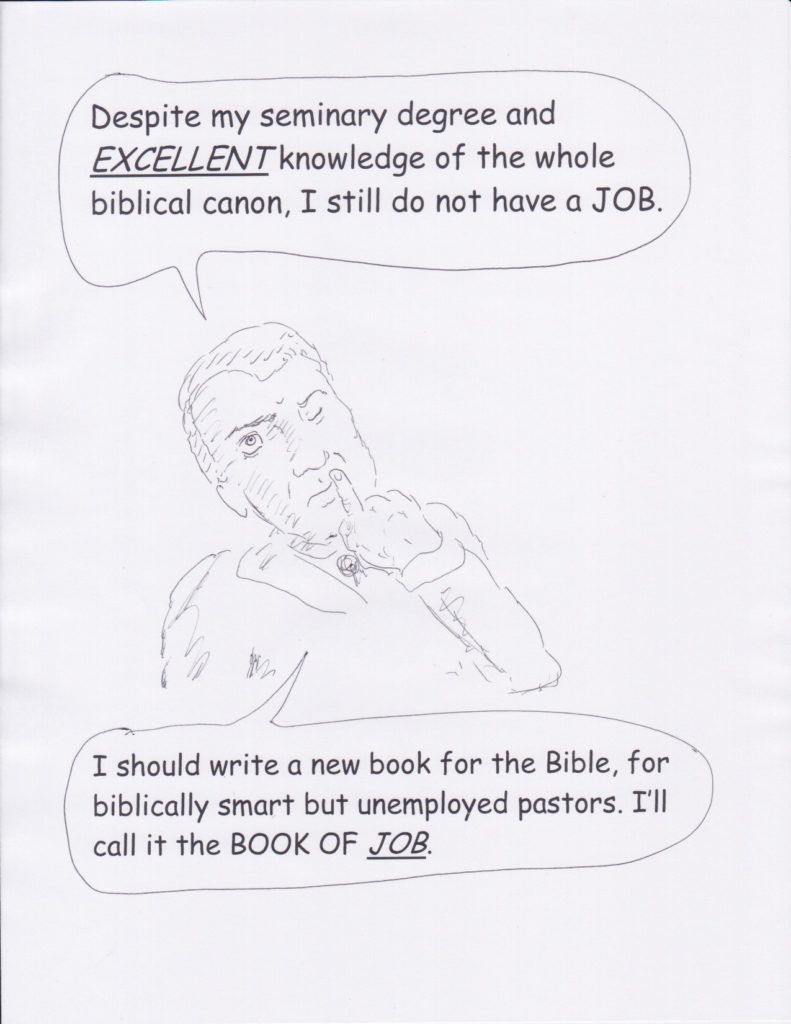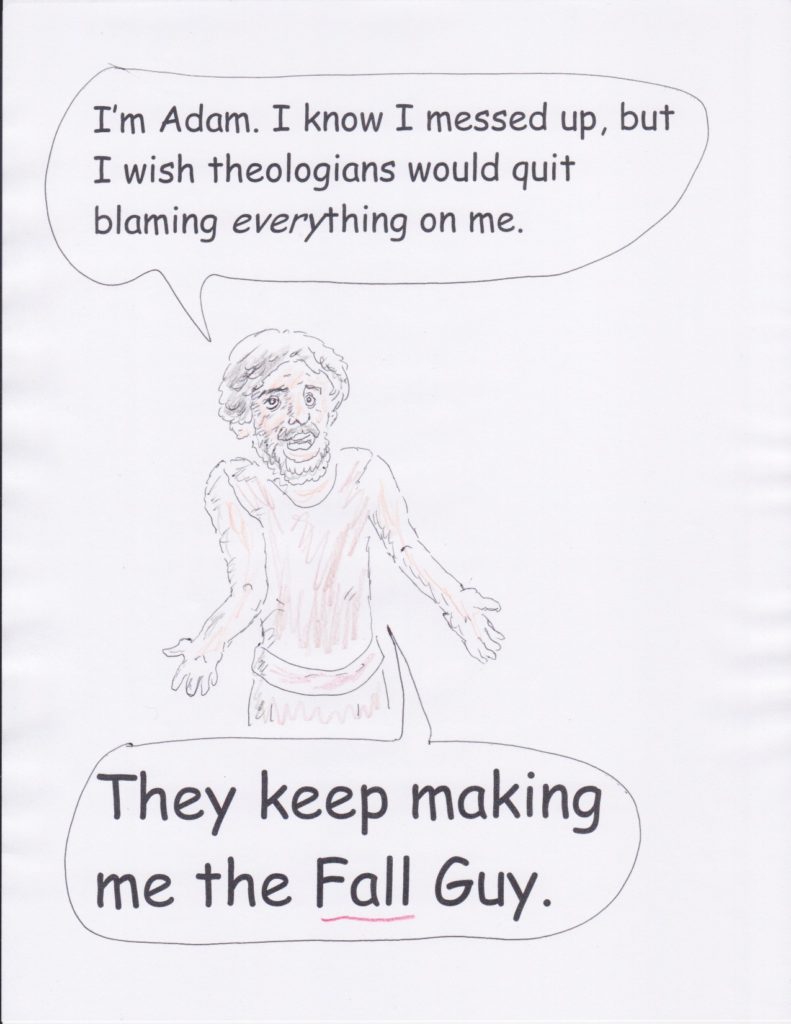“It is to one’s honor to avoid strife,
but every fool is quick to quarrel” (Proverbs 20:3, NIV)
While on some issues there may be just two sides (e.g., Luke 9:50), people often hold a range of views on different subjects, so classifying everyone in terms of their view on a single issue doesn’t always work.
On a popular level, though, we often think in binary terms, often “us” versus “them.” It’s the easiest way to think, since it can go with the flow and not have to juggle multiple issues or questions.
Thus in the church and in society, conversations can quickly become polarized. My country (the U.S.) has a two-party system, so many people gravitate toward one party’s platform or the other, rather than thinking issue by issue. In a two-party system with winner-take-all, this approach may well be politically effective. Ideally, however, those with biblically- and socially-informed ethics should not simply buy a party line on every point without prior consideration. They may want to help shape their party’s platform for greater justice and/or bring reasonable arguments to the public forum (whichever party or person dominates). They can find common ground on various issues with people with whom they may disagree on other issues, showing mutual respect and kindness.
That’s not quite what society looks like right now, but it’s something that we as Christians can model. The temptation when slammed is to slam someone back, but Jesus teaches, “if anyone strikes you on the right cheek, turn the other also … Love your enemies and pray for those who persecute you” (Matt 5:39, 44, NRSV) Paul apparently knew and certainly endorsed Jesus’s teaching: “Bless those who persecute you; bless and do not curse” (Rom 12:14, NASB); “Never pay back evil for evil to anyone” (Rom 12:17, NASB). And Jesus modeled this: “To this you were called, because Christ suffered for you, leaving you an example, that you should follow in his steps … When they hurled their insults at him, he did not retaliate; when he suffered, he made no threats” (1 Pet 2:21, 23, NIV).
In places where Christians suffer persecution and have to stick together, they may be surprised to learn that in places with too much leisure on their hands even the church can become polarized. On the internet today one finds those who regard as theological enemies those who don’t check all the right boxes. They may, for example, regard with suspicion all charismatics, those who affirm women in ministry, those who believe the universe is billions of years old, and the like. Others have different, and sometimes opposite checklists. For someone who feels marginalized for one of these issues, that may become for them the dividing issue, and unless they resist the pressure to think in binary terms, they may struggle not to regard as enemies those who marginalized them. It feels much harder to stay in the conversation once you are deemed the “enemy.” Yet the way of Jesus is always the best way for us his followers, and humbling ourselves before one another, and thus before the sovereign Lord (1 Pet 5:5-6), becomes a spiritual discipline.
Similarly, there was a time when I thought that theological conservatives affirmed Jesus’s bodily resurrection, the reality of miracles, and that Moses wrote Deuteronomy and Paul wrote Ephesians. I assumed that liberals were those who denied such matters. When I studied with scholars who denied those authorship claims yet affirmed Jesus’s resurrection and the reality of miracles, my binary mental chart required adjustment.
We should avoid foolish arguments, and normally we should be gentle even with those who oppose the gospel:
“But refuse foolish and ignorant questionings, knowing that they generate strife. The Lord’s servant must not quarrel, but be gentle towards all, able to teach, patient, in gentleness correcting those who oppose him: perhaps God may give them repentance leading to a full knowledge of the truth” (2 Tim 2:23-25, WEB)
Unless we belong to a church that sees itself as the only true church and way of salvation, we recognize that we have brothers and sisters in Christ with some different beliefs in some different Christian movements. The ideal of agreeing on every point will surely be achieved when our faith becomes sight and we see the Lord face to face, but in the meantime, unity in Christ should take precedence over our differences.
We can disagree, but on ordinary issues it should not be in a hostile, polarized way. Unless Christ alone is the defining issue, we will have far more than two sides to choose among, for there are far more than two issues being debated. Obviously allegiance to Christ has additional implications, but we need to think those through clearly. And when another believer assaults us verbally for something we believe, in ordinary situations it seems best to seek to “deescalate” the anger (cf. Prov 15:1). Who knows: a conversation with give and take might actually get somewhere.


